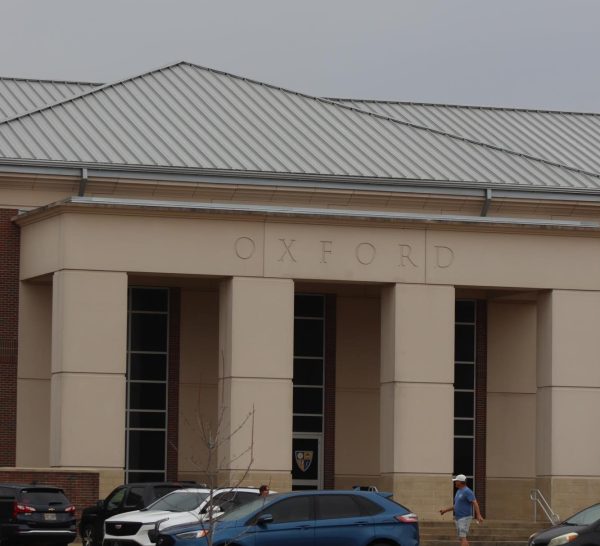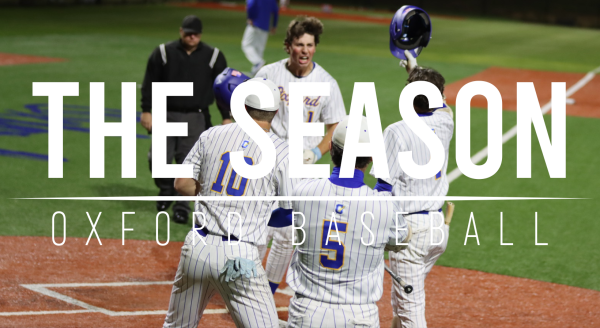Record high numbers of banned books threaten future of education

April 3, 2023
The history of banning books dates back to ancient times when rulers and religious leaders sought to control the spread of information and ideas. However, it was during the 20th century that book banning became a widespread practice, particularly in authoritarian regimes, fascist states, and religious fundamentalist societies.
The earliest recorded instance of book censorship dates back to ancient Greece, where the philosopher Socrates was sentenced to death in 399 BCE for allegedly corrupting the minds of young Athenians, and many of these writings were banned by the Athenian government.
Throughout history, book banning has been motivated by a variety of reasons, including religious and political beliefs, moral values, and concerns about national security. In many cases, books have been banned because they challenge or criticize prevailing social norms, or because they are perceived as promoting dangerous or subversive ideas.
In the 20th century, book banning became more widespread and systematic, as governments around the world sought to control the flow of information and ideas. The Soviet Union and other Communist regimes maintained strict censorship of literature and other forms of media, banning works that were critical of the government or the socialist system. Nazi Germany also banned books that were deemed to be subversive or un-German.
In the United States, book banning has a long history as well. The earliest recorded instance of book banning in America dates back to 1650 when the Massachusetts Bay Colony banned a book called The Meritorious Price of Our Redemption by William Pynchon. In the 20th century, books such as Ulysses by James Joyce, The Catcher in the Rye by J.D. Salinger, and To Kill a Mockingbird by Harper Lee have all been banned or challenged in schools and libraries across the country.
Today, book banning remains a controversial issue, as it violates the principles of free speech and intellectual freedom, and is often used as an attempt to control the flow of ideas and information. While many countries have abolished formal censorship laws, book banning still occurs in many forms, including self-censorship by authors and publishers, pressure on booksellers to remove certain titles from their shelves, and challenges to books in schools and libraries.
The American Library Association reports that between 2000 and 2020, there were more than 11,000 attempts to ban books from schools and public libraries across the country. Additionally, there were more than 1,200 challenges were compiled by the association in 2022, nearly double the then-record total from 2021 and the most since the ALA began keeping data twenty years ago. The reasons for these bans ranged from objections to sexual content or profanity to political or religious viewpoints that were deemed controversial or offensive.
Bills facilitating the restriction of books have been proposed or passed in Arizona, Iowa, Texas, Missouri, and Oklahoma, among other states. In Florida, where Gov. Ron DeSantis has approved laws to review reading materials and limit classroom discussion of gender identity and race books pulled indefinitely or temporarily include John Green’s “Looking for Alaska,” Colleen Hoover’s “Hopeless,” Margaret Atwood’s dystopian novel “The Handmaid’s Tale.”
While it is essential for schools to be diligent when selecting what materials they teach from, completely banning books from school libraries because of their political framing takes a great deal of educational value away from students.
One of the most notable cases of book banning in the United States was the controversy surrounding the novel “To Kill a Mockingbird” by Harper Lee, a novel taught at Oxford High School. The book, which deals with themes of racism and injustice in the American South, has been banned in several school districts across the country for its use of racial slurs and its portrayal of African Americans.
If books continue to get banned, it could have a significant negative impact on the future of education. Books are an essential tool for learning, and they provide students with valuable information and insights that they cannot get from any other source. Banning books would limit the range of ideas, perspectives, and knowledge available to students, potentially hindering their intellectual growth and development.
Often the controversial or sensitive topics that pose an issue to some, are the very issues that students need to learn about in order to become well-rounded and informed individuals. Banning books can limit students’ exposure to different perspectives and stifle their critical thinking skills, which are essential for success in academic and professional contexts.
In addition to limiting students’ intellectual growth, book banning can also have a chilling effect on intellectual freedom and academic inquiry. If certain books are banned, it sends a message that certain ideas are off-limits or unacceptable, which can discourage students from exploring those ideas further or engaging in productive discourse around them. This can stifle creativity, innovation, and intellectual curiosity, all of which are crucial for advancing knowledge and solving the complex problems of the future.
Overall, the continued banning of books would have a detrimental effect on the future of education. It is essential that students have access to a wide range of ideas and perspectives in order to become informed, engaged citizens and successful professionals. This controversy furthers the ongoing tension between the desire to control information and the need to protect free speech and intellectual freedom. Controversial literature is exactly what schools need to teach their students how to challenge and strengthen their own viewpoints and start an academic conversation about the greater significance of such books.













